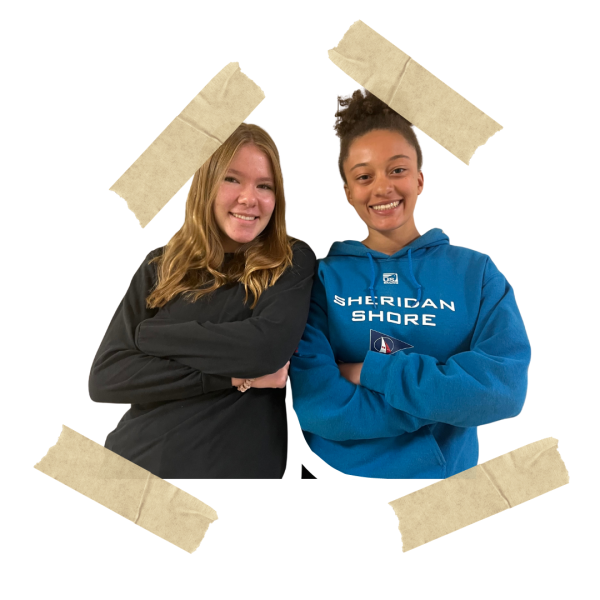From dinner table talks to the classroom: Avoiding whitewashed history
Since the beginning of public school in the United States, which was established in Massachusetts in 1837, the school curriculum has been white washed and biased towards white students. History has been manipulated and flawed by white people, to appeal and comfort other, white people. This is true in schools as it is in other areas of American life.
School systems have watered down real history forever. Just for a few examples, I remember back in elementary school, for the longest time, we would celebrate Christopher Colombus. We would get Oct. 10 off of school and work to celebrate this man who enslaved, killed, beat and raped Native Americans. Even still, if you do a simple Google search, the first answer you come across is the false narrative that “Columbus discovered America.” It wasn’t until high school when I learned about the truth behind these deranged Europeans. I didn’t even learn about this through school either. My father told me at the dinner table as he was giving me and my sisters one of his educational ‘white people are bad talks.’ These flew over my head for a bit, but here I am years later finding out more and more, questioning how much history has been flawed.
Not until this year had I ever heard about Abraham Lincoln actually not being against slavery at all. He simply signed the Emancipation Proclamation to save the Union, but if he didn’t have to free slaves, he wouldn’t have done so. He would do whatever he had to do to save the Union. Slaves were an afterthought. In an 1862 letter to a prominent newspaper editor, he shared these ambiguous emotions: “If I could save the Union without freeing any slave, I would do it, and if I could save it by freeing all the slaves, I would do it; and if I could save it by freeing some and leaving others alone, I would also do that. What I do about slavery, and the colored race, I do because I believe it helps to save the Union.”
This action didn’t even free all slaves. It only freed slaves in areas controlled by the Confederacy. This wasn’t mentioned in school. All we’re taught is to praise this man because he signed a deal to allow some slaves to stop working for free and for giving enslaved people what should’ve been a human right. He didn’t care about us, but all of this isn’t taught.
Even recently in attempts to diversify the learning curriculum, America has found a way to degrade colored or oppressed people. Make us look helpless, vulnerable and nothing more than worthless. Focus solely on the pain of the Black American experience, rather than the moments of joy and resistance.
For most students and adults, if asked about the history of Black people and their legacies, they would be clueless about the dynasties we created and established before slavery.
“We never really talked about Africa before the conquest… I didn’t start learning about that until I started researching myself. I don’t even remember talking about that in high school, it was just like slavery and thats it.”
When asked about what she had learned about Black history, senior Gia Reid started her answer off saying, “Not that much.” She continues to talk about how they had a unit in her Humanities class that lasted a week long, only slavery was taught in this week. No more, no less.
We don’t teach students about the people in West Africa years before who controlled empires. Africans had kingdoms and city-states, each with its own language and culture. The empire of Songhai and the Kingdoms of Mali, Benin, and Kongo were large and powerful with monarchs heading complex political structures governing hundreds of thousands of people.
Unfortunately, this won’t change soon. Hopefully as minorities continue to get opportunities to educate students about history, they tell the full genuine version—not the altered version made by delusional white adults, made for white generations to pass down.
Your donation will support the student journalists of the Evanstonian. We are planning a big trip to the Journalism Educators Association conference in Philadelphia in November 2023, and any support will go towards making that trip a reality. Contributions will appear as a charge from SNOSite. Donations are NOT tax-deductible.











